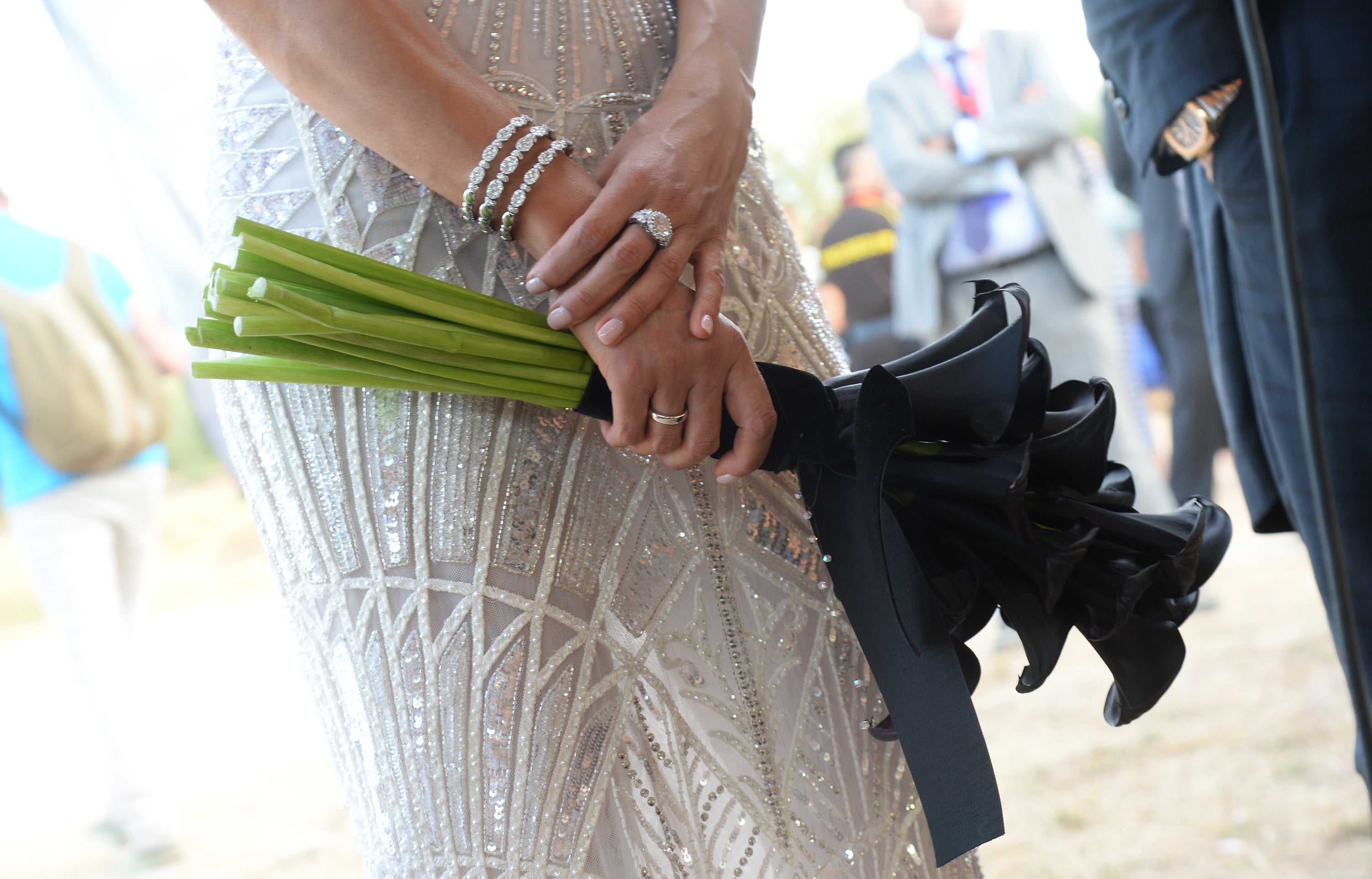Boris Johnson ‘may lift 30-person limit on wedding guests’ even if other restrictions remain in place
The prime minister is said to be ‘determined’ to scrap the 30-person limit for weddings on 21 June

Boris Johnson is determined to lift the 30-person limit on weddings on 21 June, even if other lockdown restrictions remain in place, according to reports.
While the prime minister may decide to keep social distancing precautions remain in place, unlimited guest lists are set to be permitted, although wedding guests will still be required to wear masks when not eating and drinking, according to The Times.
Guests will also be encouraged to use their own judgement around interactions with others at weddings —especially hugs — as per the current government guidance.
A government source told The Times that the wedding sector had been having a tough time with the lockdown restrictions. “If you’ve got stadiums full of people, why can’t weddings go ahead with more than 30 people?”
Since 17 May, up to 10,000 home fans have been permitted in large outdoor sports venues in England.
The easing of lockdown was set to move forward with a full lifting of restrictions on 21 June, but a surge in the Delta variant, which was first discovered in India, has cast doubt over this date. It is now possible that the full reopening could be delayed by a couple of weeks, but a final decision on the matter is expected on 14 June.
On Monday evening, Boris Johnson said: “On Monday … we’ll have a look at where we are. I think that everybody can see very clearly that cases are going up, and in some cases hospitalisations are going up.”
He added: “What we need to assess is the extent to which the vaccine rollout, which has been phenomenal, has built up protection in the population in order for us to go ahead to the next stage. And so that’s what we’ll be looking at.”
Under current rules, weddings and civil ceremonies can take place with up to 30 guests, in indoor Covid-secure venues, or outdoor venues. Private homes are currently not considered Covid-secure venues, although private gardens are. The government currently advises against dancing, due to an increased risk of transmission, with the exception of the married couple’s “first dance”.
It was under these conditions that the prime minister married his fiancée Carrie Symonds, in a secret ceremony at Westminster Cathedral last month.
The couple were wed on 29 May, with fewer than 30 guests in attendance, who all received their invitations at the last minute. The reception lasted long into the evening in the Downing Street Garden.
If weddings are permitted to move forward with unlimited guest lists, this would bring them in line with funerals, where the 30-person limit was lifted on 17 May. The rules are expected to be relaxed for other ceremonial gatherings too, including Christenings and bar mitzvahs.
This would be music to the ears of the wedding industry that has been struggling to remain viable throughout the pandemic, which led to 220,000 weddings being postponed in 2020 — 94 per cent of weddings that were set to take place.
The consequences of delaying the lifting of restrictions could be catastrophic for the industry, the UK Wedding Taskforce has warned. If the 30-person is not scrapped on 21 June, they say the sector will lose £325mn per week of delay, and an estimated 50,000 weddings would be at risk of being cancelled within the following month.
Sarah Haywood, UK Wedding Taskforce spokesperson said: “A hugely expensive, irrecoverable investment has been made by the decimated weddings sector in the ramp-up to full reopening on 21 June — the only date we have been given to work to.
“That investment is in infrastructure, consumables — such as food and flowers — and on retraining and hiring new staff.
She added that the actual cost of delay would be much greater than £325m, as staff wages for the two months leading up to 21 June had not been included.
"The harsh treatment of our sector, lack of parity with other closely related industries, and government’s refusal to work with us on sensible solutions to see the sector through to the other side of the pandemic now jeopardises 400,000 jobs.
Subscribe to Independent Premium to bookmark this article
Want to bookmark your favourite articles and stories to read or reference later? Start your Independent Premium subscription today.

Join our commenting forum
Join thought-provoking conversations, follow other Independent readers and see their replies